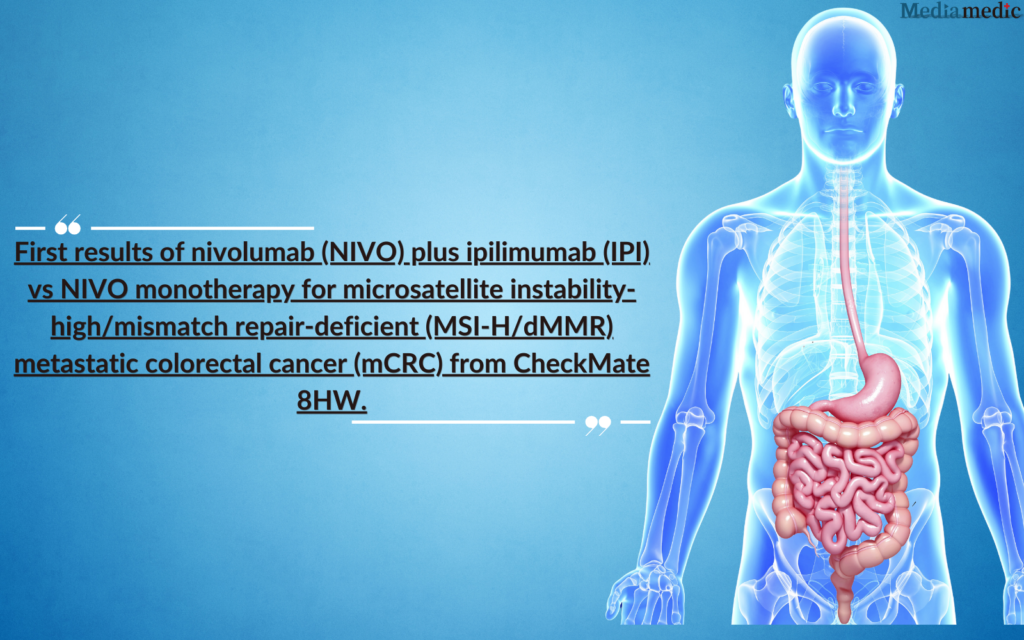ASH 2024 | Dr. Shanshan Pei : First Discovery of TFG-ROS1 as a Rare Driver Gene in Myeloid Leukemia with Promising ALK/ROS1 Inhibitor Efficacy
From December 7 to 10, 2024, the 66th Annual Meeting of the American Society of Hematology (ASH) convened in San Diego, bringing together leading experts to discuss pivotal advances in hematology. Among the highlights was a groundbreaking study by Dr. Shanshan Pei and his team from The First Affiliated Hospital,Zhejiang University and Liangzhu Laboratory. This study (Abstract #38), selected for oral presentation, identified the rare fusion gene TFG-ROS1 as an oncogenic driver in human myeloid leukemia. Furthermore, the team demonstrated effective treatment strategies using ALK/ROS1 inhibitors, achieving remission in a patient with refractory leukemia after multiple treatment failures. This study exemplifies the “bench-to-bedside” paradigm in precision medicine, showcasing its transformative potential for cancer care. Below is an in-depth exploration of the study and exclusive insights from Professor Pei.









